Description of flavor characteristics of Ethiopian coffee beans Price recommendation of Ethiopian boutique coffee beans
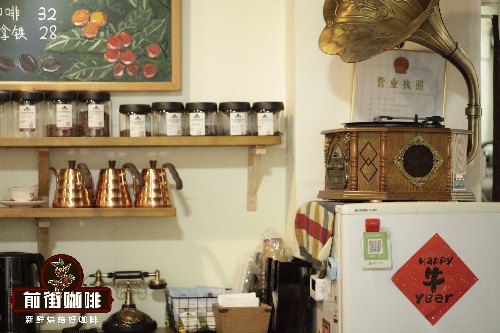
Ethiopian coffee is processed by sun and water washing. The coffee flavor of different processing methods varies greatly. Generally speaking, the mellow and earthy taste of washed Sidama, Yejia Sherfie and Lim coffee is slightly lower, and the coffee processed by sun tastes wilder. However, Front Street Coffee also found that each batch of Ethiopian coffee may taste different, which requires more cup tests to find really good coffee.
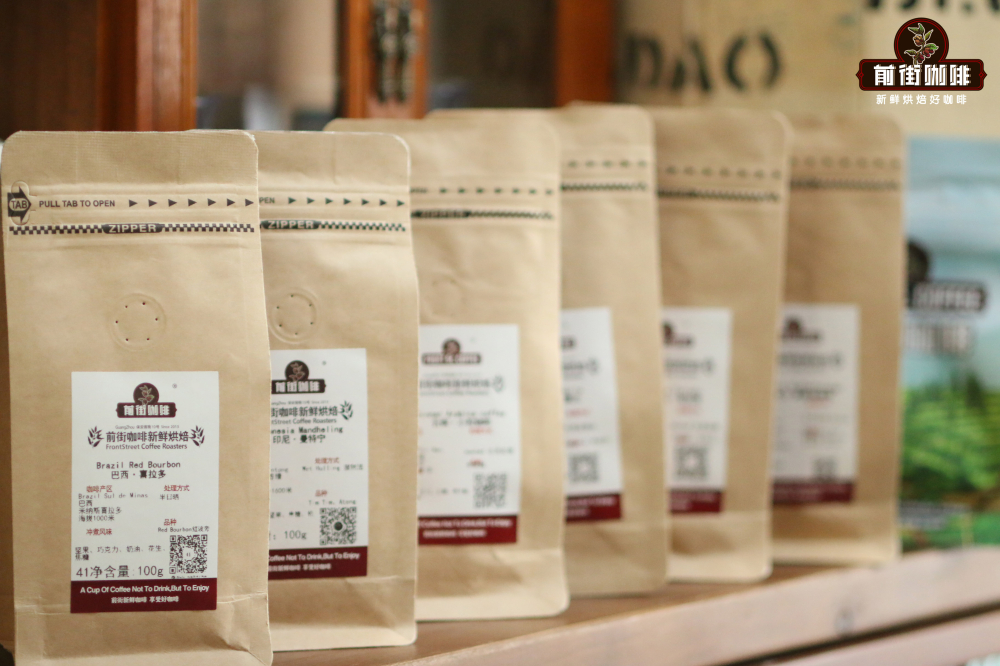
Ethiopia is a very popular coffee-producing country, the most famous of which are Sidama producing area and Yega Shefi producing area. Because Ethiopia's coffee flavor is very unique, many coffee lovers who just started like to take Ethiopian coffee beans as their starting choice.
Of course, Ethiopia, as the hometown of coffee, is not undeserved. There are many varieties of Ethiopian coffee. There are many beans treated by washing or sun treatment. Among them, there are also many Ethiopian coffee beans from Front Street Coffee. For example, Yejia Shefei Fruit Ding, Huakui, West Alsi, Toh Group Washing Champion, Woka, etc. How should we choose a suitable Ethiopian coffee bean for ourselves?
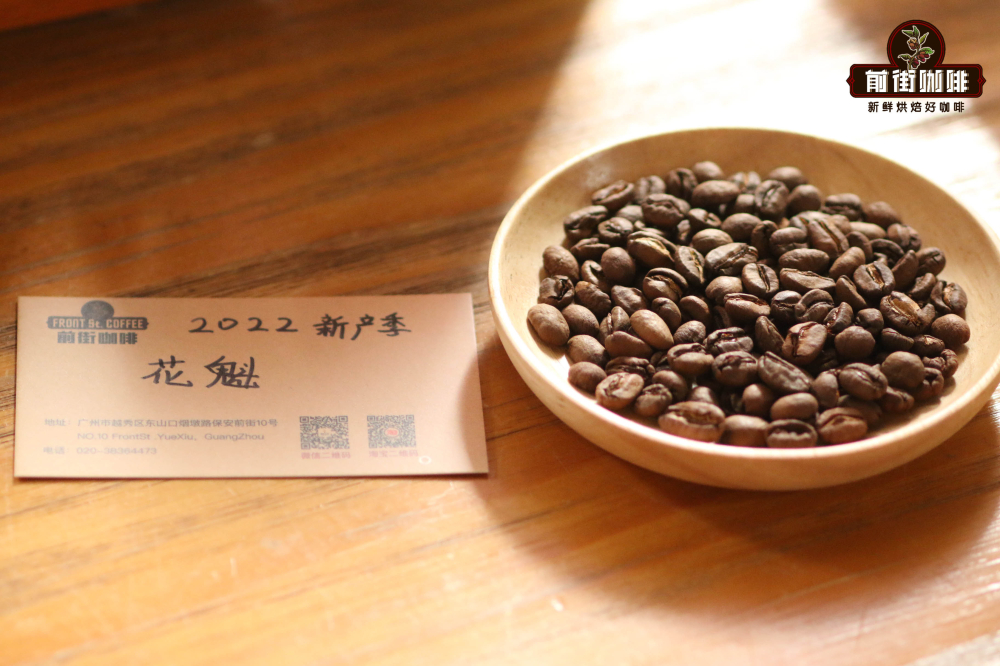
Front Street Coffee introduces the best selling Ethiopian coffee beans in the store.
Front Street Coffee put on shelves last year a suntan iron pickup truck from Ethiopia's Extraordinary Cup COE22, and a West Alsi coffee bean. The biggest difference between the two coffee beans is the variety, COE22 coffee variety is iron pickup, and West Arsi varieties are native species.
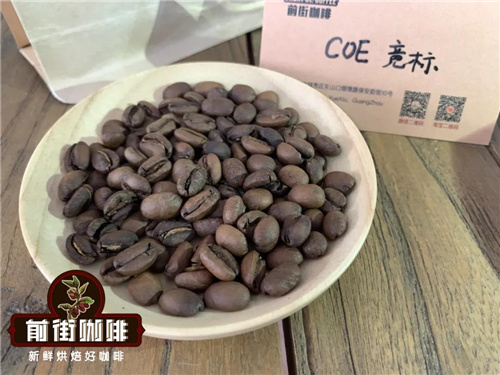
What is a native species? This is also a characteristic of Ethiopia's producing country, that is, most Ethiopian varieties will be named after this name. In fact, because there are too many varieties in Ethiopia, it is like the natural gene bank of Arabica. On the one hand, there are many varieties, and it is difficult to identify and classify them. On the other hand, the Ethiopian government is unwilling to disclose the information of these varieties for protection reasons, so they are collectively referred to as "Heirloom".
So, when you buy Ethiopian coffee beans, you can pay attention to the packaging. You will find that the local native species will be marked in the category of varieties, while the coffee beans from other countries are marked with the special words of bourbon, kadura, kaduai and katim.
The two Ethiopian coffee beans on the front street coffee shop are treated by sun, which is also the oldest coffee bean treatment method. The treated sun-dried coffee beans taste very good, mellow, sweet and fragrant, and if not treated well, they are very easy to get the smell of soil, and the brewed coffee beans will have an earthy taste.
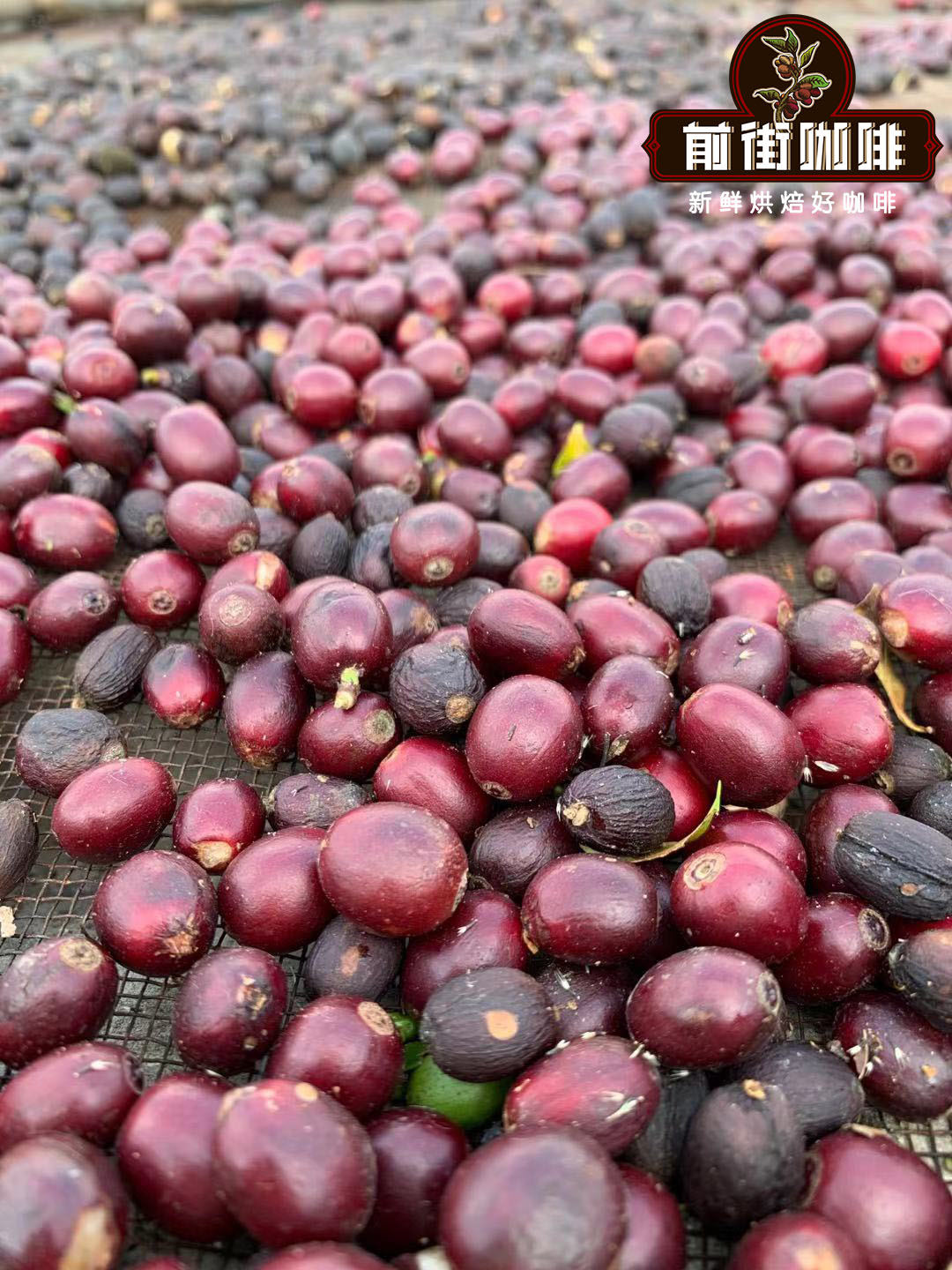
So how does Front Street Coffee know the flavor difference between COE22 and West Alsey beans? Whether recommending coffee beans to everyone or Front Street Coffee, when each coffee bean is on the shelf, it will be tested by cup to determine the flavor of each coffee bean.
Front Street Coffee Master uses a 200ml standard cup to measure the bowl, with a grinding degree of 70%-75% through No.20 standard sieve, a powder amount of 11.3g, a water temperature of 94 degrees Celsius, grinding first to smell dry incense, and then filling the bowl with water for wet incense confirmation. After 4 minutes, the residue was broken and the flavor was identified. Here are the cup tests of Front Street Coffee on Ethiopian coffee COE22 and West Alsi coffee beans:
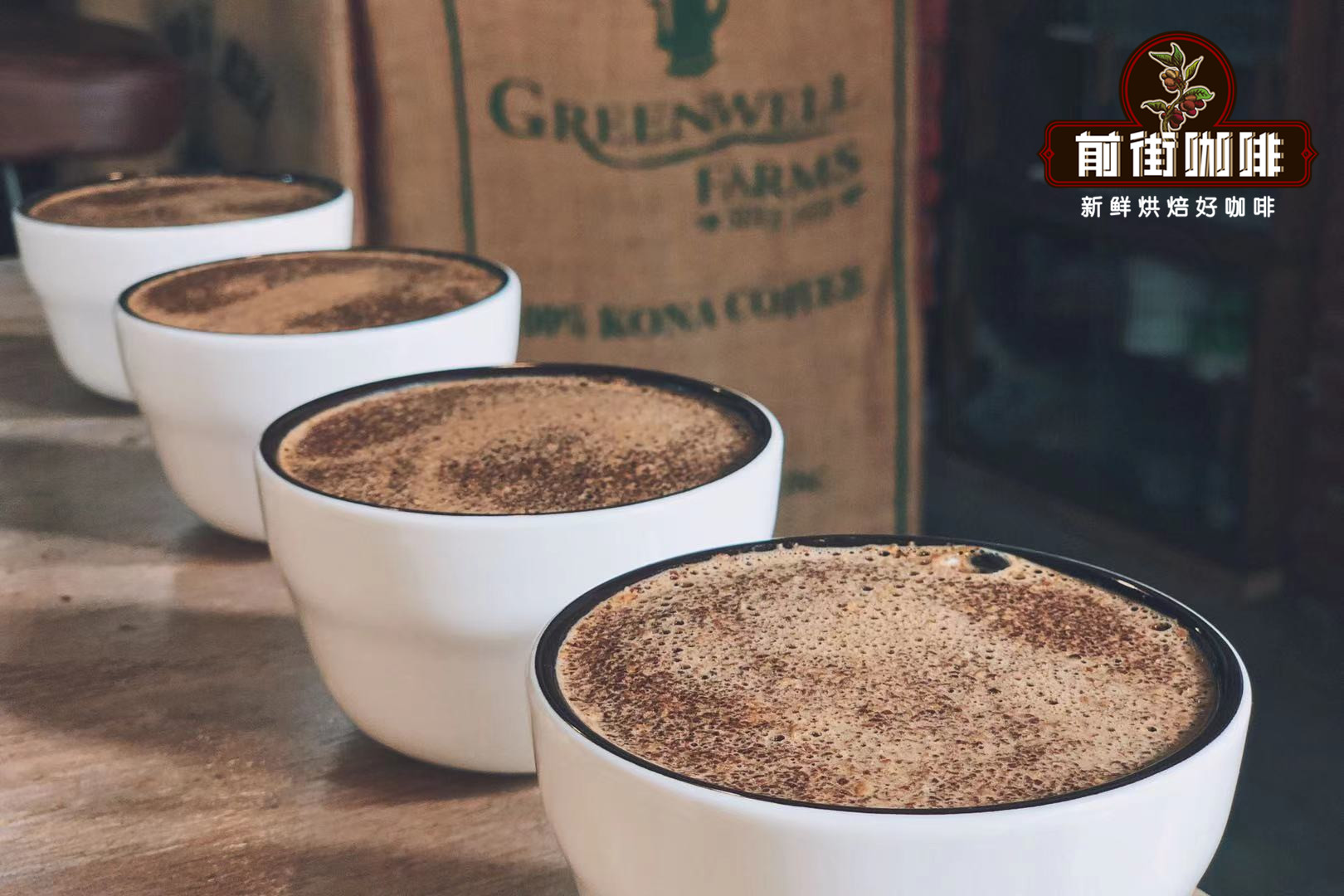
COE22:
Dry aroma: citrus, wet aroma: citrus, camellia, flavor: citrus, lychee, honey, cream, wine, mango, strawberry.
Arsi:
Dry aromas: berry, wet aromas: jam, flavors: plum, berry, cranberry jam, nectarine, mango, honey.
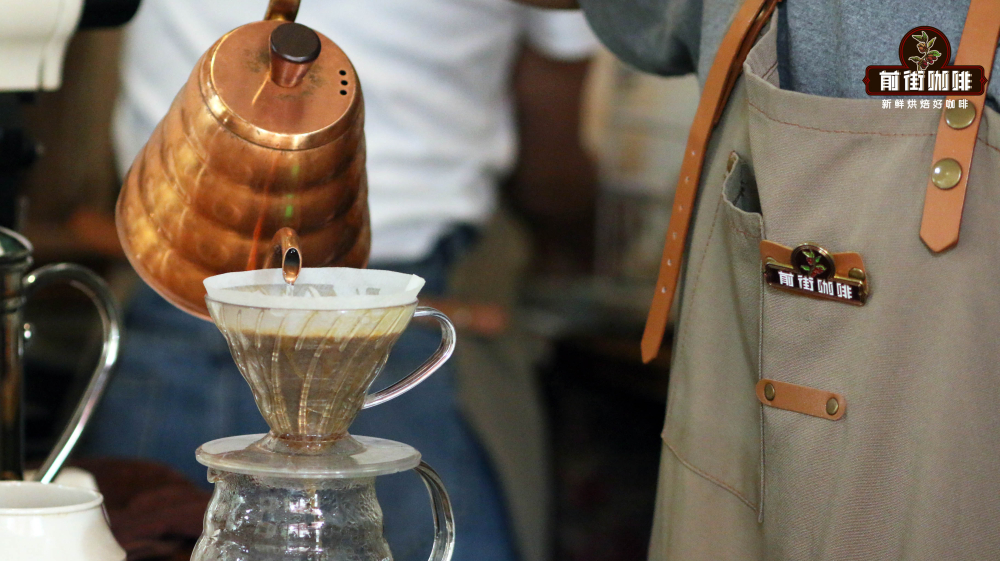
Then Front Street Coffee uses hand brewed coffee beans. Alsi has a berry juice-like taste when hot, and a plum, nectarine, mango, honey aftertaste when cooled slowly. The brewing flavor of COE22 is the sourness and sourness of strawberry and lychee, fermented wine fragrance, creamy smoothness and honey-like aftertaste.
This is the charm of Ethiopian sun-baked coffee beans. In addition to the sun-baked coffee beans in the Sidamo region, Front Street Coffee also recommends a sun-baked red cherry coffee bean in the Yega Shefi region.
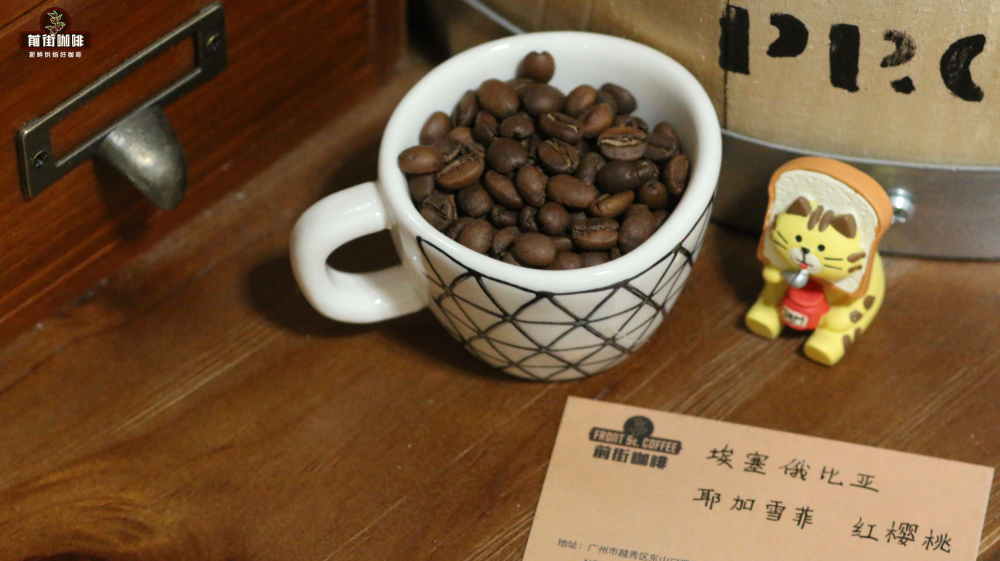
Front Street Coffee is a collaboration between local Ethiopian and Dutch green bean producers. In fact, the Red Cherry Project is led by Dutch company Trabocca, encouraging and assisting producers to improve the quality of coffee by washing, semi-washing, sun drying or other experimental treatments.
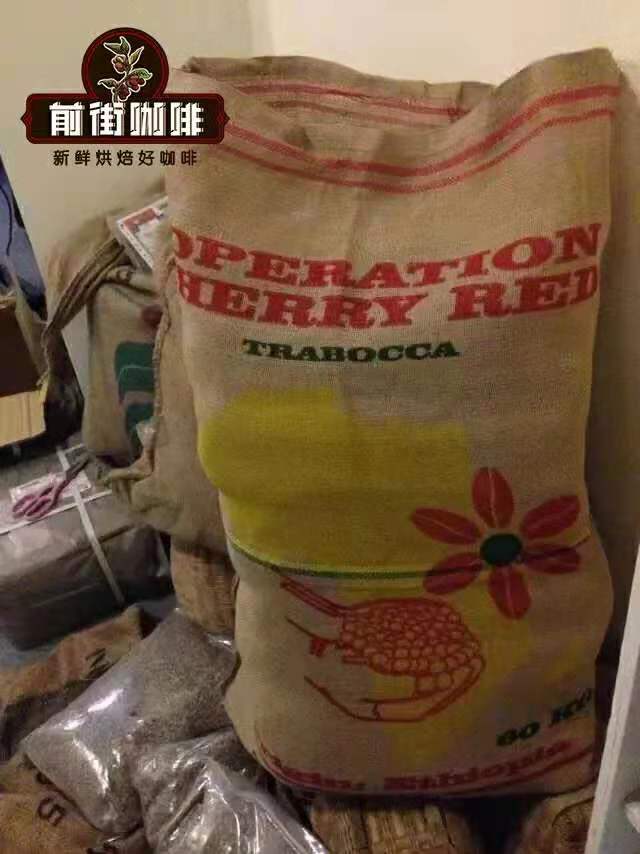
So this sun-red cherry coffee is also very high quality, taste better, bright berry aroma, or rich chocolate like aftertaste. Brewed coffee tastes like strawberries, berries, cream and spices.
The above recommended coffee beans of Front Street Coffee are all Ethiopian sun-treated coffee beans. Next, Front Street Coffee recommends several Ethiopian coffee beans from Yega Shefi producing area.
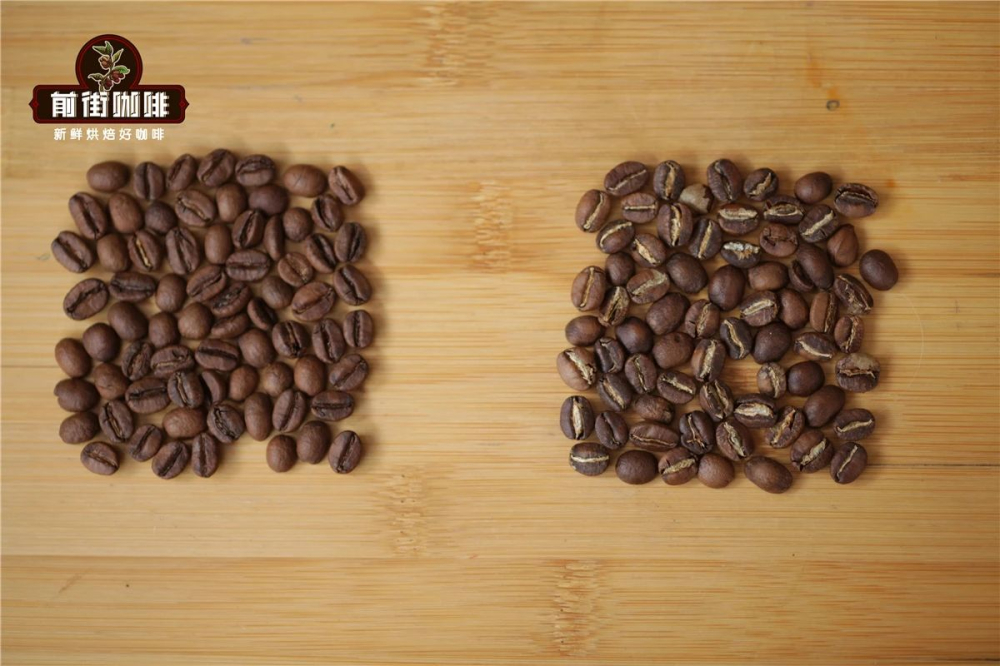
The main flavor of the Yegasherfi region is rich jasmine flowers, lemon citrus notes, and a touch of tea. At first, Yejia Shefei did not always use washing treatment to treat coffee beans. At first, it used sun treatment. However, in 1972, Ethiopia introduced washing technology from Central and South America in order to improve coffee quality, making jasmine fragrance and citrus fragrance of Yejia Shefei clearer and brighter. Qianjie Coffee thought that washing method was the most essential difference between washing method and sun treatment method. Washing method was to present the most basic flavor of coffee and could most intuitively reflect the special flavor of the producing area. The sun rule adds sweetness and fermentation to this base flavor.
The most recommended washed yega-sherry beans for Front Street Coffee are fruit tintin and Woka beans. The flavor of these two coffee beans is more suitable for the sour taste of the crowd, the fruit acid flavor is stronger, the taste is clean and bright.
Professional coffee knowledge exchange More coffee bean information Please pay attention to coffee workshop (Weixin Official Accounts cafe_style)
More fine coffee beans, please add private WeChat Qianjie Coffee, WeChat: kaixinguoguo0925
Important Notice :
前街咖啡 FrontStreet Coffee has moved to new addredd:
FrontStreet Coffee Address: 315,Donghua East Road,GuangZhou
Tel:020 38364473
- Prev
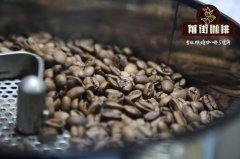
Is Ethiopian Coffee Bean Yega Xuefei? mystery of the Origin of Ethiopian Coffee beans
Professional coffee knowledge exchange more coffee bean information please follow the coffee workshop (Wechat official account cafe_style) the origin of Ethiopian coffee beans: Ethiopia, is the birthplace of coffee: Arabica coffee, growing in the forests of the Kafa region. We believe that Ethiopian coffee has better quality in the world and excellent genetic diversity of coffee shrubs.
- Next
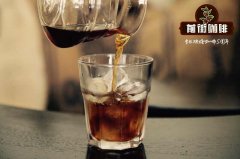
Essential basic knowledge of Ethiopian Coffee-Flavor Story of Ethiopian washed Coffee Bean producing area
Professional coffee knowledge exchange more coffee bean information please follow the coffee workshop (Wechat official account cafe_style) basic knowledge of Ethiopian coffee overview of land area: 1104300 square kilometers capital: Addis Ababa (Addis Ababa) trading city: Dre Dawa (dinosaur Dawa) population: 102774044 (May 2017) language:
Related
- Detailed explanation of Jadeite planting Land in Panamanian Jadeite Manor introduction to the grading system of Jadeite competitive bidding, Red bid, Green bid and Rose Summer
- Story of Coffee planting in Brenka region of Costa Rica Stonehenge Manor anaerobic heavy honey treatment of flavor mouth
- What's on the barrel of Blue Mountain Coffee beans?
- Can American coffee also pull flowers? How to use hot American style to pull out a good-looking pattern?
- Can you make a cold extract with coffee beans? What is the right proportion for cold-extracted coffee formula?
- Indonesian PWN Gold Mandrine Coffee Origin Features Flavor How to Chong? Mandolin coffee is American.
- A brief introduction to the flavor characteristics of Brazilian yellow bourbon coffee beans
- What is the effect of different water quality on the flavor of cold-extracted coffee? What kind of water is best for brewing coffee?
- Why do you think of Rose Summer whenever you mention Panamanian coffee?
- Introduction to the characteristics of authentic blue mountain coffee bean producing areas? What is the CIB Coffee Authority in Jamaica?

